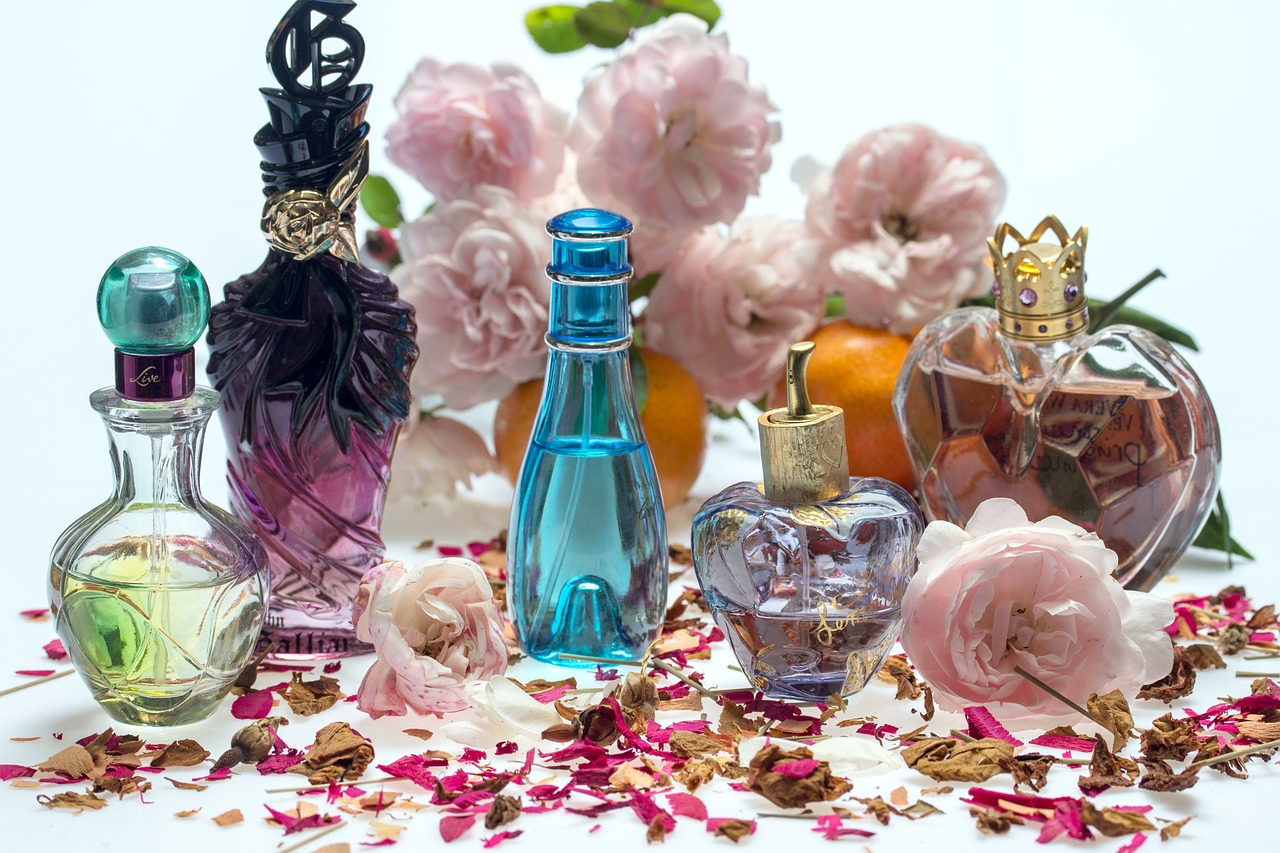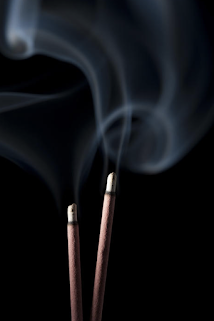All Things Must Come to an End
This semester has been a truly eye-opening experience for me. Throughout my 3 years here at Wheaton and all the religion classes, I have taken, while all super engaging and fun, this one truly gave me a more connected sense of everything. I think relaying the importance and significance of certain senses into different religions worldwide allows for a greater sense of understanding and community, rather than connecting more so on the premise of spirituality. Touching upon the basis of the senses we all share allows for a more universal connection regardless of the religious affiliation. For example, in Green's writing in chapter 3, she discusses the importance that certain perfumes and incense had in religious contexts, so much so that their fragrance was only to be used in the priestly castle. Incense holds a significant role in rabbinic literature, but it is also crucial to most rituals and prayers performed in the Hindu religion. Another example of this can also be seen in Abram...









